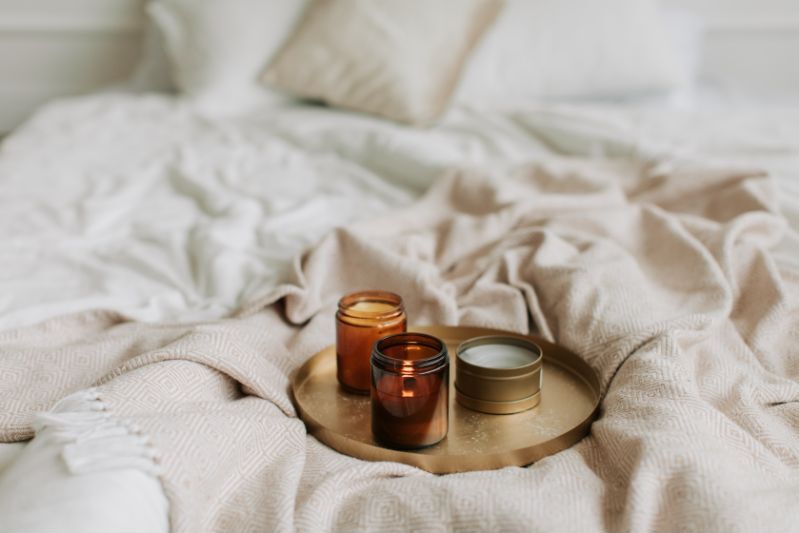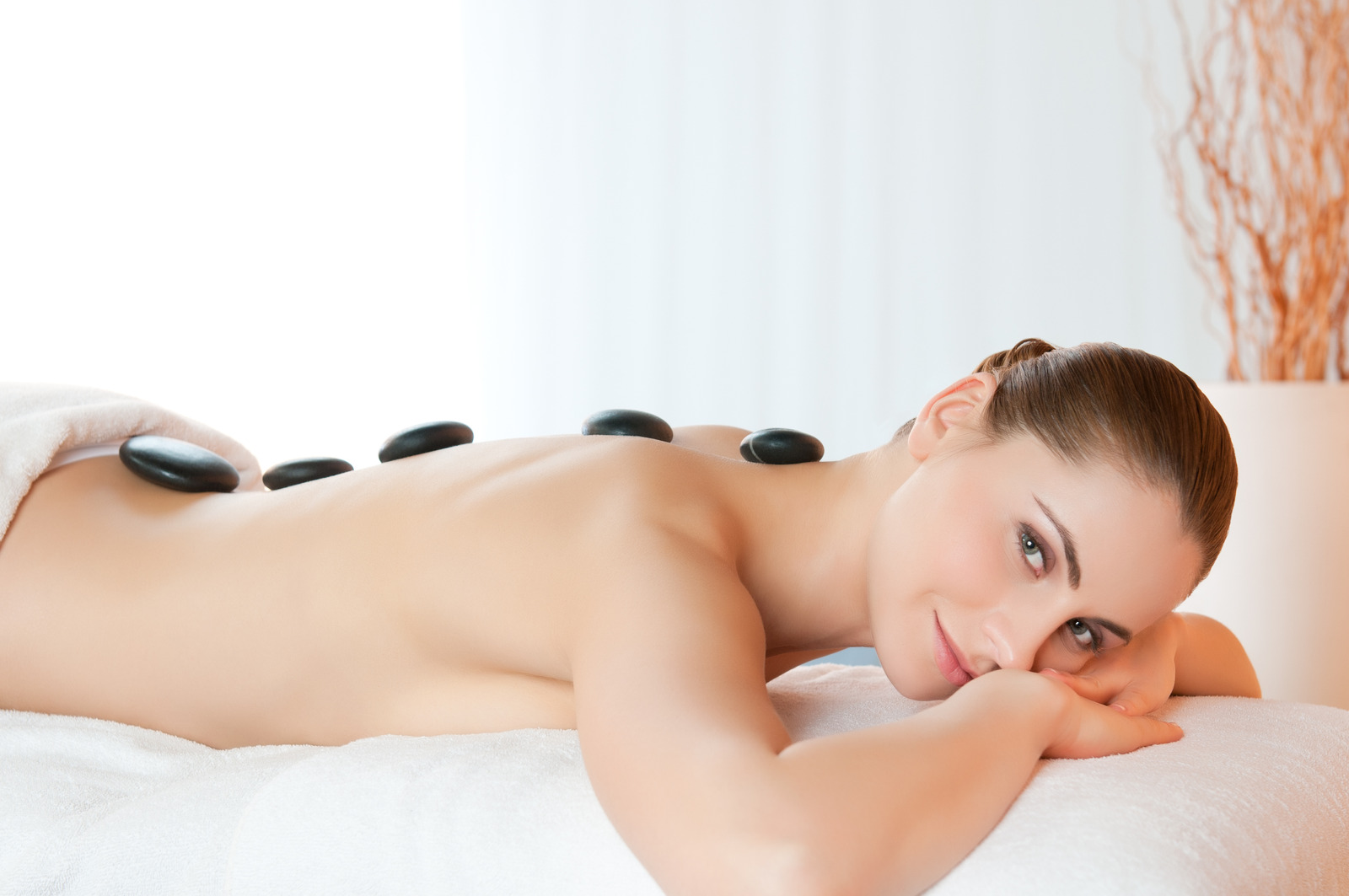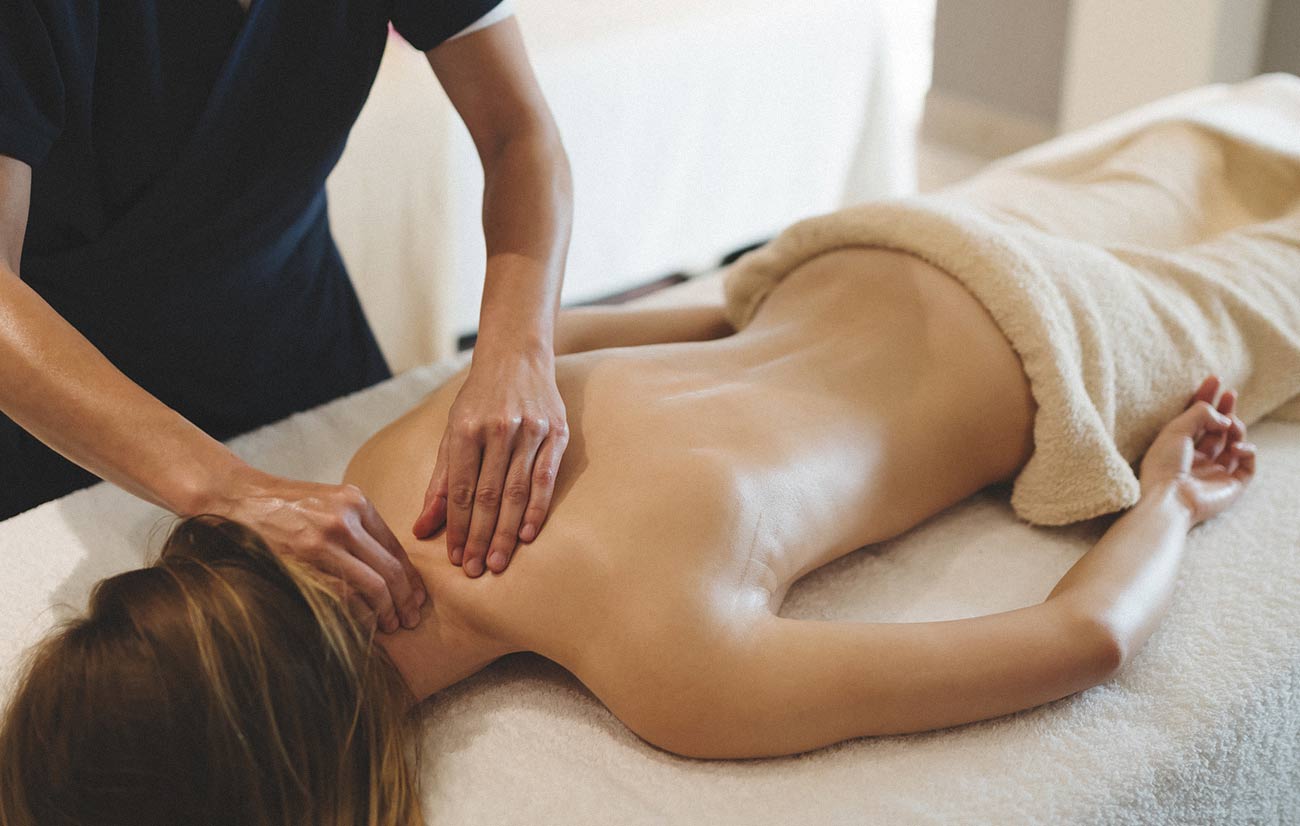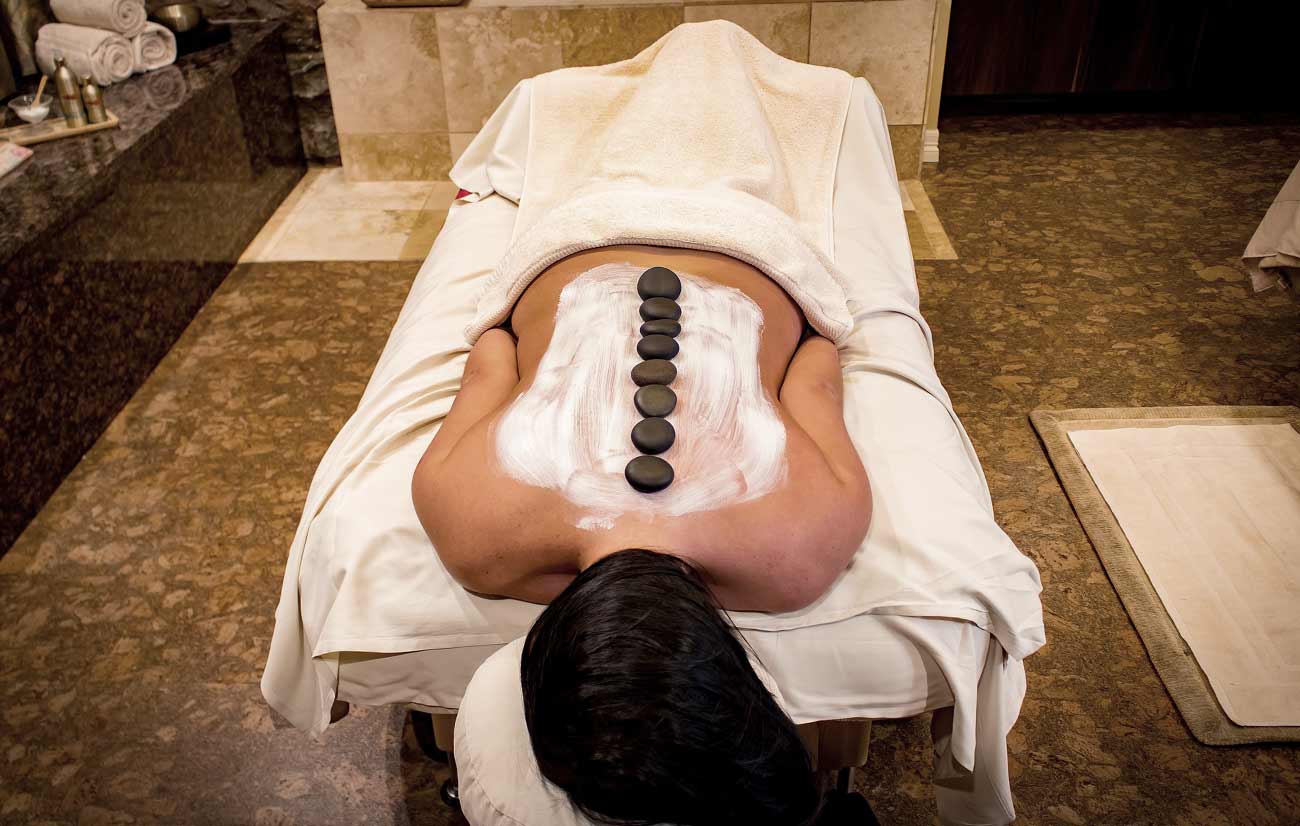
14 Ways to Increase Your “Feel Good” Hormones Naturally
Hormones are powerful stuff. Believe it or not, these chemical messengers can affect everything from how we look to how we feel. Skin acting up? Excess androgens may be to blame. Feeling sluggish? Progesterone levels might be high. However, just because hormones treat us with little to no regard doesn’t mean we have to play the gracious host. In fact, there are myriad ways to take power back.
To break it down, we went in-depth in this article about managing feel-good hormones: serotonin, dopamine, endorphins, and oxytocin. As it turns out, all it takes is making a few simple adjustments to our lifestyle (more on those below) to keep our hormones—and attitude—in check.
Keep reading for 13 ways to boost your “feel-good” hormones—and, subsequently, your mood.
These tips and insights are not meant to cure a serious mental health condition. If you are experiencing severe signs of depression, please consult your doctor.
Serotonin (AKA “Mood Booster”)
Is doomscrolling taking a toll on your mental health? Here’s an idea: Put the device down and step away (even for just a moment). Instead, engage in activities that will make you feel good by increasing your serotonin. Serotonin is a neurotransmitter (chemical messenger between nerve cells) that regulates your mood. Not having enough serotonin can lead to increased anxiety and depression. When our bodies produce low levels of neurotransmitters (norepinephrine, serotonin, and dopamine), our chances of encountering depression symptoms increase. Conversely, higher serotonin levels can lead to a happier, healthier you.
Get Some Sun
Despite ample evidence demonstrating the hazards of sun exposure, catching a few rays can benefit your health under the right circumstances. Sunlight can stimulate the retina receptors in your eyes, leading to stimulation of serotonin. Sunlight can also stimulate vitamin D production, which your body uses to turn tryptophan, an amino acid that can only be obtained from food sources, into serotonin. And if you’re looking for a sunshine alternative, a light therapy lamp, like Verilux HappyLight Lumi Plus, is a worthy investment.
Add Tryptophan and Antioxidants to Your Diet
Serotonin is also found in your gut and helps regulate digestion. If you’re lacking in serotonin, you may experience digestion, nausea, and irritable bowel issues. A possible solution? Block recommends consuming oily fish like tuna and salmon, nuts, seeds, and dark greens like spinach or kale, milk, and soy products. A diet rich in tryptophan and antioxidants can positively impact mood, inflammation, and cognition. Tryptophan is a precursor for the production of serotonin. Antioxidants like polyphenols and vitamins can limit inflammatory responses causing tryptophan breakdown.
Break a Sweat
You’ve heard that exercise is good for you, but did you also know that working out can help to balance your hormones? Exercise—specifically aerobic exercise that increases your heart rate like walking, swimming, running, biking—increases serotonin. Other forms of exercise—yoga, weights, stretching, weight training—can increase serotonin, too, but not as much.
Consider Consuming More Fermented Foods
Food fads come and go, but fermented foods are worth considering regularly. Fermented foods may improve gut health and boost mood. These include sauerkraut, kimchi, kefir, tempeh, kombucha, yogurt, and miso, to name a few. Fermentation enables good live bacteria to thrive in foods, eventually creating probiotics. These microorganisms support the growth of beneficial bacteria in your gut and may boost serotonin levels. The gut microbiome produces up to 90% of the body’s serotonin.
Dopamine (AKA “Pleasure Seeker”)
Dopamine is a neurotransmitter that controls many of our bodily functions, including heart rate and blood pressure. It also affects our concentration. For instance, ADHD is likely a genetic condition related to dopamine, and treatments with stimulants help increase dopamine. But its role doesn’t stop there. Dopamine also regulates our reward centers—but here’s where it gets tricky. When we experience pleasure, our brains release more dopamine as its reward. This encourages us to continue to engage in activities that elicit pleasure, even if they may also pose adverse effects. Our advice? Embrace dopamine dressing and other healthy, feel-good behavior.
Don’t Forget Your Protein
The food we eat can directly impact our hormone levels—dopamine included. Tyrosine and phenylalanine are amino acids that are found in protein-rich foods like turkey, beef, eggs, dairy, soy, and legumes. Fava beans also have high levels of L-Dopa, which can be used by the body to make dopamine.
Get Some Shuteye
Sleep is essential to increase your libido, curbing cravings, sparking creativity, and of course, getting some beauty rest. A good night’s sleep, meditation, listening to music, and exercise can all increase the body’s production and release of dopamine.
Drink a Caffeinated Beverage
Between its antioxidant and anti-inflammatory properties, plus its ability to transform us from exhausted to somewhat functioning human beings, we’re convinced that coffee does the body—and the mind—good. Caffeine in coffee has been shown to have mood-boosting properties. Caffeine prevents adenosine from attaching to brain receptors that promote tiredness, increasing alertness and releasing dopamine. However, remember that caffeine sensitivity is real, so consume it in moderation.
Load Up on Vitamin-B-Rich Foods
A diet rich in vitamin B can work wonders for your mood. Beans and lentils are a good source of B vitamins, which help boost mood by heightening serotonin, dopamine, norepinephrine, and gamma-aminobutyric acid (GABA) levels. They are also high in fiber and plant-based protein, contributing to overall health and well-being. Additionally, food like bananas is high in vitamin B6, which helps synthesize dopamine and serotonin.
Endorphins (AKA “Natural Painkillers”)
When we experience pain, we want to relieve ourselves of that discomfort ASAP. We often turn to pain medication for good reason, but did you know that our bodies can fight pain independently? Endorphins are neurotransmitters that your body uses as a natural pain killer or analgesic, and they also lead to relaxation and improved mood. On the other hand, aches and pain, depression, and anxiety are some symptoms of endorphin deficiency. Fortunately, there are ways to pump your endorphins with little effort.
Consider Acupuncture
Having someone prick your body with a bunch of fine needles might not sound appealing, but hear us out. Acupuncture has a positive impact on our mood by regulating neurotransmitters in our limbic system (our emotional and behavioral area in the brain). When we needle into a point on the body, the nervous system receives that signal and sends it to the spinal cord and up to the brain. In reaction, the brain then interprets these signals to allow our bodies to relax our muscles, increase blood flow, release natural pain-killing hormones like endorphins, and regulate neurotransmitters like serotonin and dopamine. Acupuncture improves mental health conditions like depression, brain fog, anxiety, and grief.
Try Yoga
Not only can yoga help us to strengthen and tone our bodies, but it can also energize us, improve our sex lives, and better our sleep quality. If that’s not enough for you, yoga can also serve as a mood booster, especially when laughter is involved. Exercise and laughter have been shown to increase endorphins. So hop on your mat and have some fun. Yoga doesn’t have to be so serious.
Indulge a Little
In our diet-obsessed culture, we may think twice before ordering dessert. The thing is, we are mistakenly restricting ourselves when what we really should be doing is moderating. Red wine and chocolate are known to boost mood immediately for most. Eating a favorite food can produce endorphins, regardless of whether it’s nutrient-dense or not. Research even shows that all palatable foods stimulate endorphin release in the brain; hence, the “feel-good” feeling. Just don’t overdo it.
Overconsumption of pro-inflammatory foods such as refined carbohydrates, red meat, sodas, sugar-sweetened beverages, canola oil, sugar and high fructose corn syrup, alcohol, etc. can lead to tryptophan breakdown, which can decrease the production of serotonin. Some animal studies have shown that large consumption of saturated fats (animal fat, butter, full-fat dairy, palm oil, and coconut oil) may disrupt dopamine signaling in the brain.
Oxytocin (AKA “The Love Hormone”)
Lovers and mothers are a cohort with a notable commonality: high oxytocin levels. However, more research is being done to understand the role it plays in intimacy, from desire to trust. What do we know? Oxytocin is a hormone used by the body to produce contractions for labor and delivery, release milk during lactation, and bonding between parent and child. Low oxytocin is being studied in depression and autism spectrum disorders.
In contrast, we can increase our other “feel-good” hormones by eating certain foods with oxytocin, but more studies need to be done. Not enough high-quality research to determine if oxytocin in food impacts mood. Still, there are other ways to turn up the love hormone naturally.
Get It On
The simple act of touch can be a powerful force in helping us to feel connected and loved. Oxytocin is sometimes called ‘the love hormone’ because it can be released when cuddling or during orgasms. However, physical touch as small as a hug can make a big impact by increasing levels of oxytocin.
Practice Mindfulness Meditation
Non-physical stimuli—music, fragrance, and mindfulness meditation—are also believed to prompt the release of oxytocin. Consider lighting a candle, dimming the lights, and playing calming ambient music to make the most out of your meditation session. We already feel relaxed. For more relaxation, visit Botanica for a facial, massage, or other pampering service!




Leave a Reply